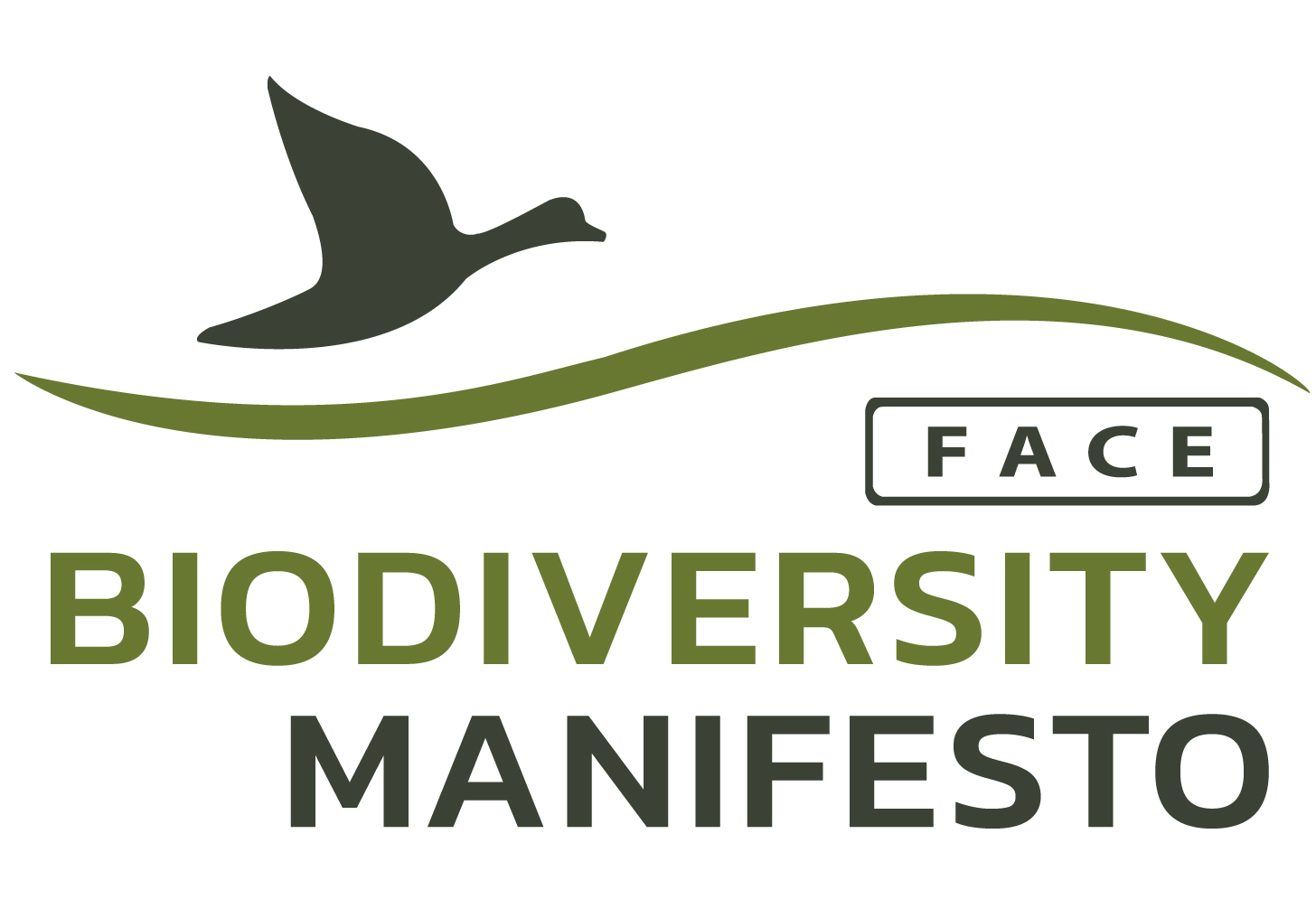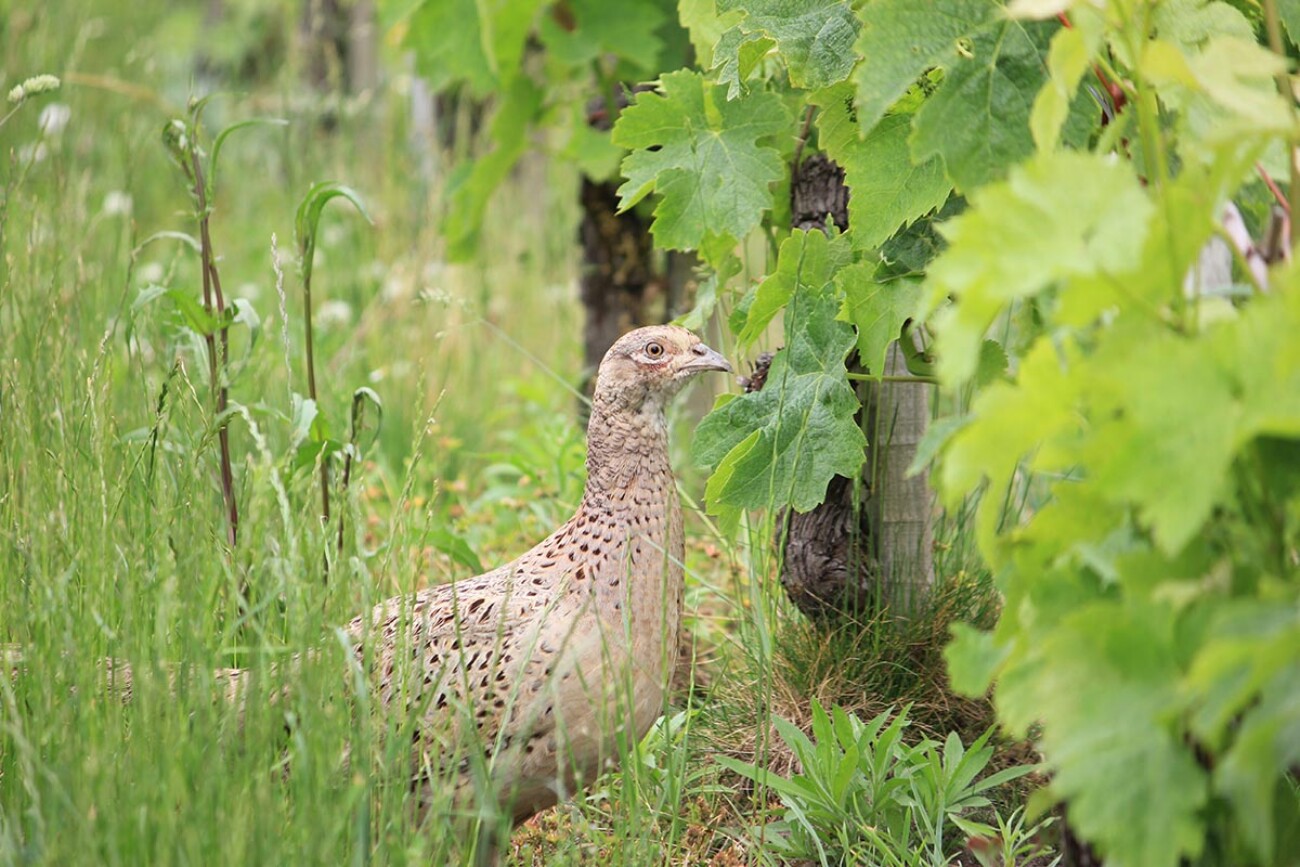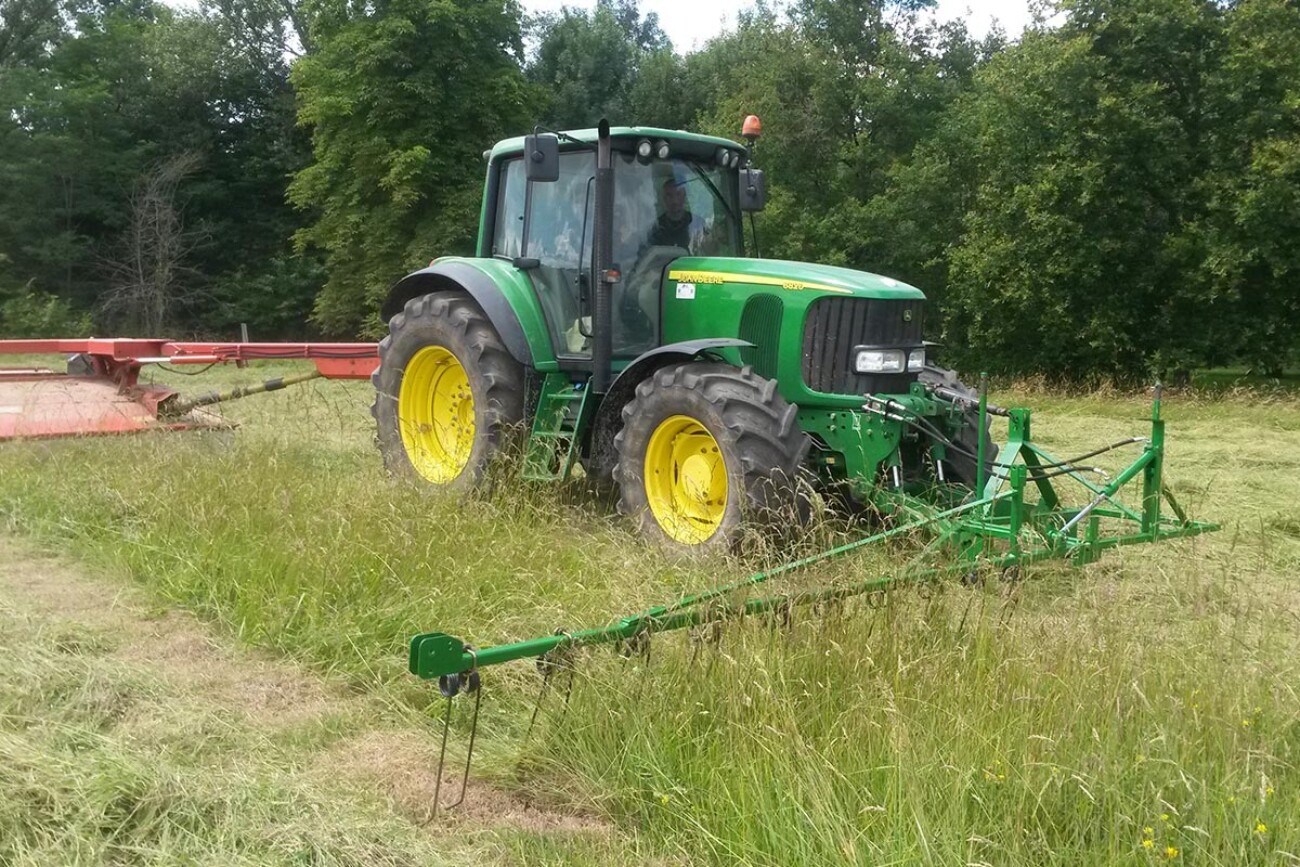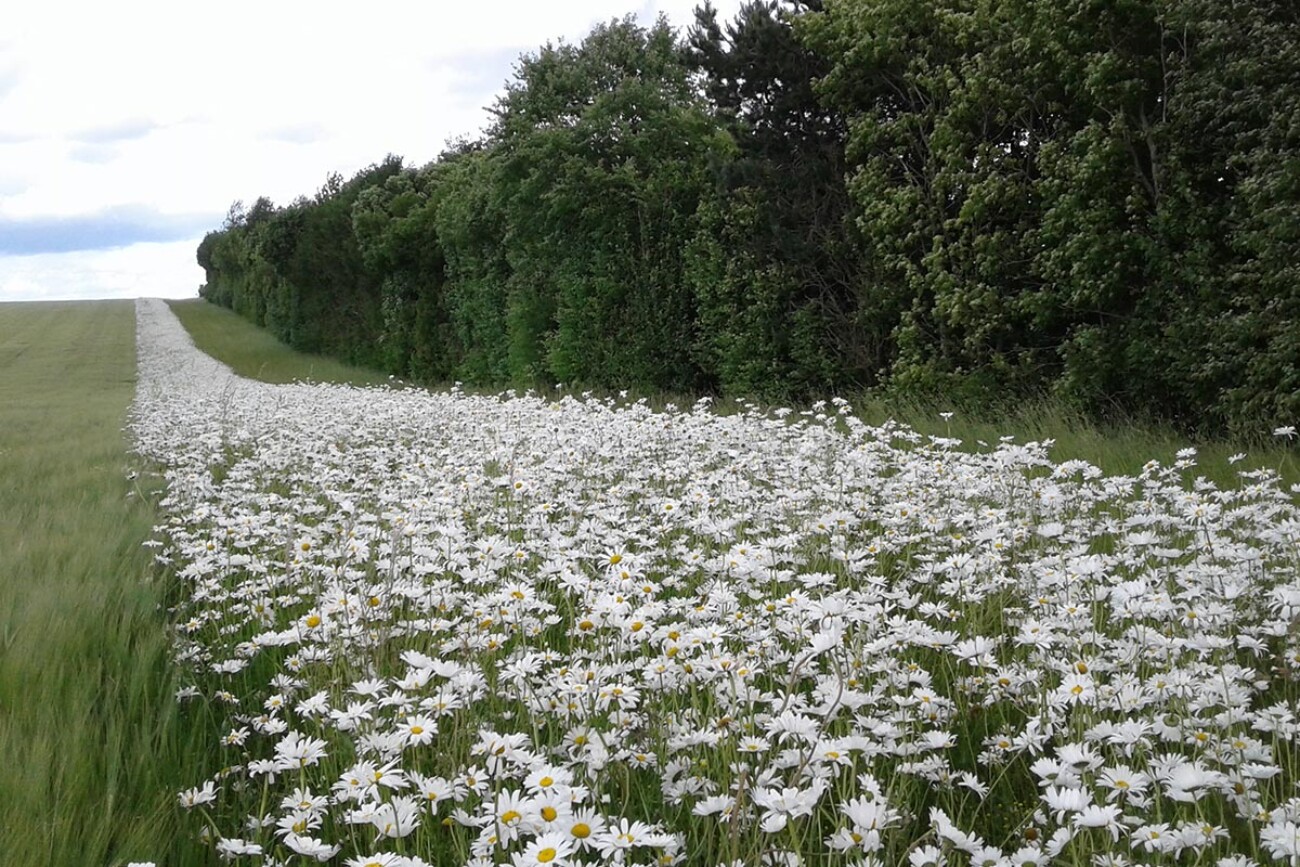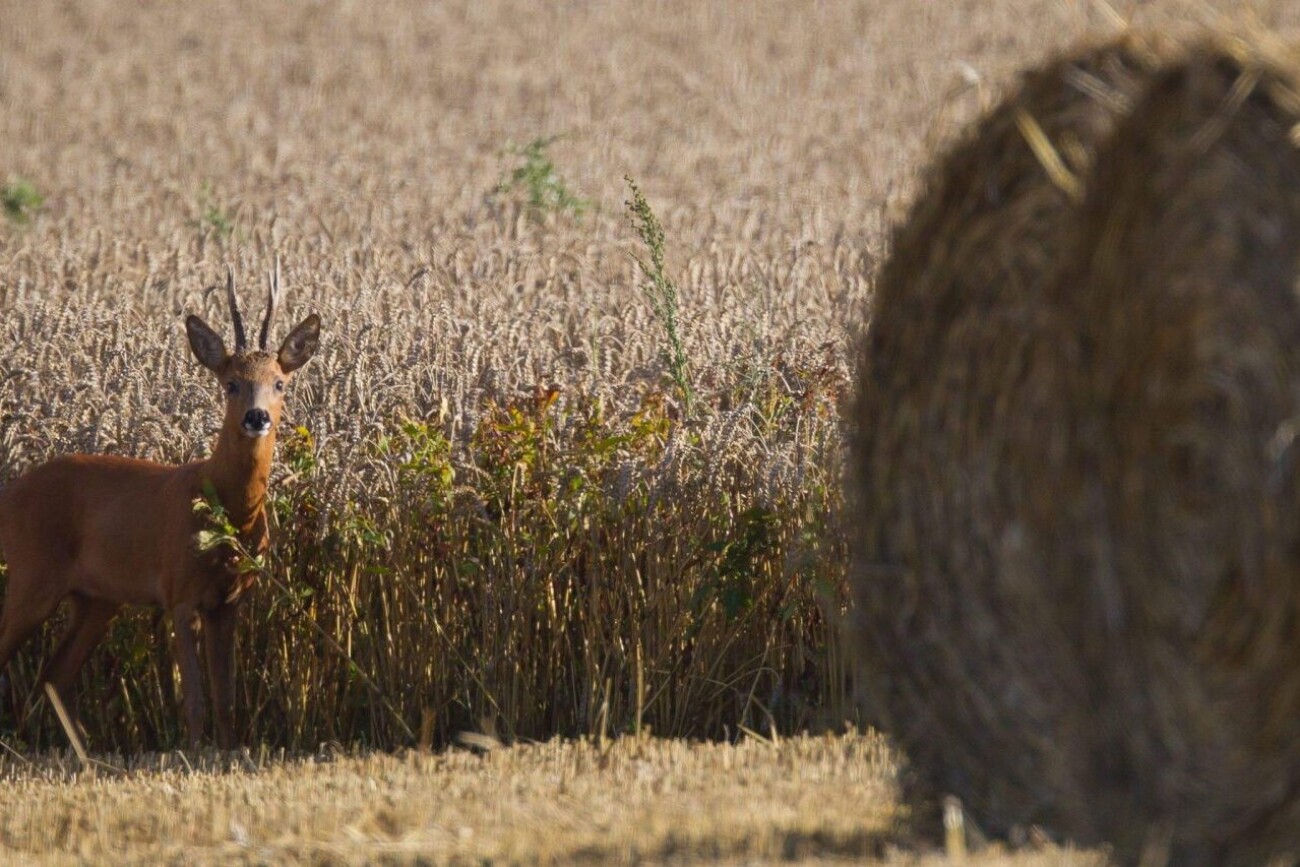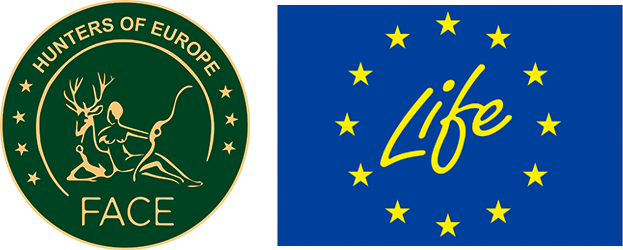Intensification and changes in farming methods had a considerable impact on biodiversity across Europe, causing serious and worrying declines in farmland species, such as birds and insects. The significant increase in agricultural areas’ extension has led to a drastic loss of habitat heterogeneity and consequently of farmland biodiversity, compromising the future of all farmland species. To fight back this decline in agricultural habitats and in agricultural landscapes’ biodiversity, it is necessary to develop joint work between the main stakeholders, prioritizing and implementing habitat restoration measures that support a future of cooperation between farmers and farmland species.
French hunters, always committed to nature conservation and habitat restoration, through the National Hunters Federation (FNC) launched in 2007 the Agrifaune project in partnership with the French Biodiversity Office (OFB), Chambers of Agriculture France and the National Federation of Farmers’ Unions (FNSEA). This project aims to contribute to the development of agricultural practices which reconcile economy, agronomy, environment, and wildlife through stakeholders’ mobilization to:
- Promote efficient and environment-friendly agriculture;
- Discuss agricultural practices and developments favorable to the preservation of biodiversity and small wildlife;
- Experiment with innovative solutions and acquire knowledge;
- Build technical references in the field;
- Promote the results and encourage their deployment in farmlands.
Policy Relevance
The Agrifaune project is one more example of how hunters are contributing to the EU’s biodiversity strategy for 2030. French hunters, like all European hunters, are deeply committed to nature conservation and habitat management, making a really important work with farmers to restore farmland biodiversity.
This project shows that hunters and farmers are the key players for the future of European habitats, highlighting that their actions and good practices in favor of farmland biodiversity must be encouraged within the next CAP framework.
Joint work between hunters, farmers, policy makers and other stakeholders is the only way to achieve a future rich in wildlife and biodiversity in all European countries.
One of the Agrifaune project’s most important achievements is to gather all the main landscape managers at the same table to discuss and improve habitat management and nature conservation. Since the project’s beginning, more than two million euros have been invested by the institutions involved, 200 engineers and technicians have contributed, 70 departments have been involved, and more than 40 agreements have been signed.
The FNC plays a proactive role in overseeing and coordinating Agrifaune initiatives on a national scale. Over the past 15 years, these efforts have significantly contributed to the progress of agricultural practices balancing economic interests, agronomy, environmental concerns, and wildlife conservation. This collaborative partnership between farmers and hunters has been proving to be mutually beneficial.
In 2016, 9 priority themes were selected by the Agrifaune strategic steering committee as major targets for the period 2016-2021, five of them run within the framework of National Agrifaune Technical Groups (GTNA):
- Pastoral practices and small mountain wildlife: Ensure the sharing of knowledge between mountain ranges and encourage the implementation of pastoral practices favorable to mountain wildlife at different territorial scales.
- Field edges: Demonstrate locally, with supporting monitoring, that well-managed field edges are favorable to biodiversity and present an agronomic advantage by sheltering numerous crop auxiliaries (beetles, pollinators, etc.).
- Intercrop management and associated innovative practices: Contribute to the promotion and support of intercrop practices offering agronomic, environmental, and faunal benefits, by working on the established cover crops and technical routes.
- Agricultural machinery: Evaluate the effects of grass and forage harvesting practices on wildlife, evaluate the relevance of solutions to limit possible negative effects (scaring bars, detection tools, centrifugal mowing, etc.) and their technical-economic consequences.
- The biodiversity of wine-growing areas: Identify and promote the implementation of practices favorable to wildlife in viticulture, based on the non-productive areas of the farms: the inter-row and the edges of plots.
The other 4 themes are transversal and addressed by all GTNAs:
- Mosaic landscape: Mobilize knowledge to create more diverse landscapes, useful to farmers and biodiversity, test these solutions in the field.
- Innovative practices: Participate in the evaluation of new poorly documented agricultural practices, help with their development in the field.
- Grassland production contexts: To improve awareness about biodiversity in landscapes dominated by meadows and livestock.
- Witness farmers and training: Identify reference farmers willing to share their know-how, develop approaches to promote the practices promoted by Agrifaune in agricultural high schools.
The Agrifaune project is still in progress, which is a good sign of its success over the years. In 2019, 68 departments of 7 France regions, 150 partners, and 30 agricultural schools were involved, 55 agreements were signed, and 1.2 million euros were dedicated to the program. This deep commitment between stakeholders is enhancing French farmland biodiversity, engaging farmers, hunters, and public institutions into good habitat farmland habitat restoration and management to support species recovery.
